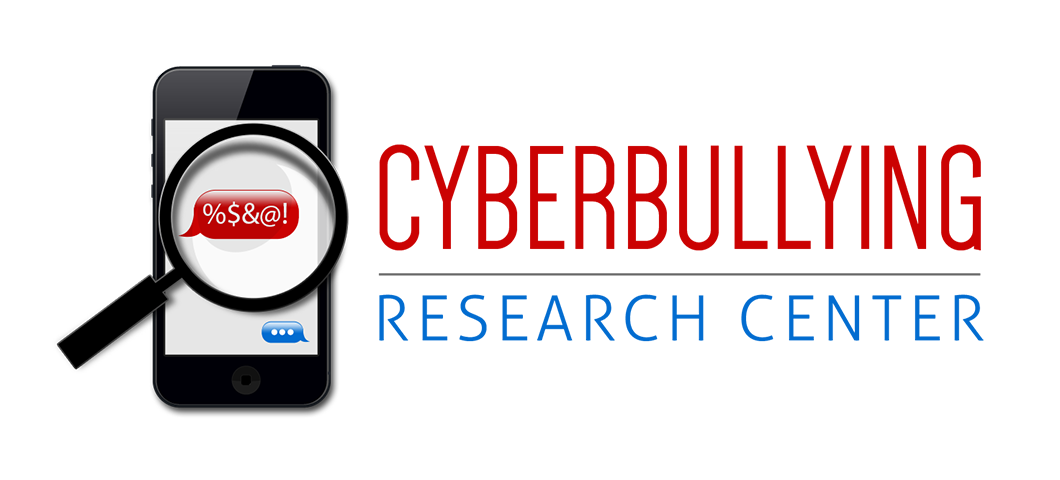
Blue Mountain School District v. J.S. and Layshock v. Hermitage School District. These are two cases that we have discussed quite frequently on this blog. We have been waiting a long time to receive clarification from a high court regarding the circumstances under which schools can discipline students for their off-campus online speech and we thought these two cases would provide that guidance. As we’ve noted before, the default standard has generally been that school administrators can discipline students for off-campus behavior if it can be demonstrated that such behavior resulted in a “substantial and material disruption” of the school environment (Tinker vs. Des Moines, 1969). One problem is this issue has never really been addressed in the digital age. Another problem is, what constitutes a disruption of a ‘substantial’ caliber is clearly in the eyes of the beholder.
Take the example of Justin Layshock, the 17-year-old Hickory High School senior who in 2005 created a “nonthreatening, non‐obscene parody profile making fun of the school principal” from his grandmother’s home using her computer. The school suspended Layshock for 10 days, which was initially upheld in a 2006 hearing, but later overturned by the judge in the case, saying the school went too far. Last February, a panel of judges from the 3rd U.S. Circuit Court of Appeals weighed in and agreed. In this specific case it appeared the school failed to effectively argue that Layshock’s actions caused a substantial disruption at school.
In the related case, a 14-year-old eighth-grade student from Blue Mountain Middle School also created a MySpace profile of the principal which included, among other things, an accusation that he was a “sex-obsessed pedophile.” This student was also suspended for 10 days for violating the school’s discipline code and for using the schools copyrighted material (the principal’s picture from the school’s web site) without permission. The lower court refused to grant the student a temporary restraining order or preliminary injunction ruling that schools can in fact discipline students for lewd off-campus behavior, even if such behavior doesn’t cause a substantial disruption. Another, separate panel from the 3rd U.S. Circuit Court of Appeals agreed with the lower court in an opinion that seemed inconsistent with the Layshock ruling.
In an effort to resolve these two conflicting perspectives, the 3rd U.S. Circuit Court of Appeals is now revisiting both cases, by employing a 15-judge panel instead of the original separate smaller panels. Oral arguments started today and we’ll be sure to update this post when a decision is reached. What do you think the judges will decide? At what point can schools take action? At what point must they take action?








Hello Justin
Do you have any more information on this?
Hi Jo – as far as I know, no decision has been released. As soon as we hear anything, we will post info here. Thanks for following.
Hi Justin
I am reading your book(s) and articles. Do I need copyright clearances for the charts you use from your surveys or will an acknowledgment be adequate? The chart is for a book that I am hoping to complete and send to the publishers. Let me know.
http://blogs.wsj.com/digits/2010/09/30/how-social…
Cyber bullying doesn't stop when the perpetrator leaves school. There;s a real menace around here who must be in his 50's, How can he be frightened–or bullied!–into shutting up? Are there Govt. laws he can be threatened with?
Hi All – the cases above have a 'red flag' No longer good for at least one point of law
Great post. Thank you for sharing this blog. Very informative blog.